Magic has been a source of fascination for centuries, captivating the human imagination with its allure of the mystical and supernatural. One of the most intriguing aspects of magic is the use of incantations—words and phrases that are believed to possess the power to influence the natural world and bring about desired changes. In this article, In Witch Symbols, we’ll delve into the world of incantations, exploring their history, significance, and the techniques behind their use in spellcasting.
Incantations meaning
Incantations are spoken or chanted words, phrases, or spells that are believed to possess magical or supernatural powers. You can use them with witch symbols, herbs, or crystals. They are often recited with the intention of invoking or commanding specific energies, deities, or forces to bring about a desired outcome or change in the natural world. Incantations have been used in various magical and ritualistic practices throughout history and across different cultures.
The term “incantation” is typically associated with magical or ceremonial rituals, where the spoken words are considered to have a transformative effect on the physical or spiritual realm. Incantations are believed to work through the power of belief, intent, and symbolism, and they are a common element in practices such as witchcraft, Wicca, ceremonial magic, and various religious and spiritual traditions.
In essence, incantations are a form of spoken magic where the words themselves are believed to have the ability to influence or bring about specific outcomes when recited with the appropriate focus and belief.
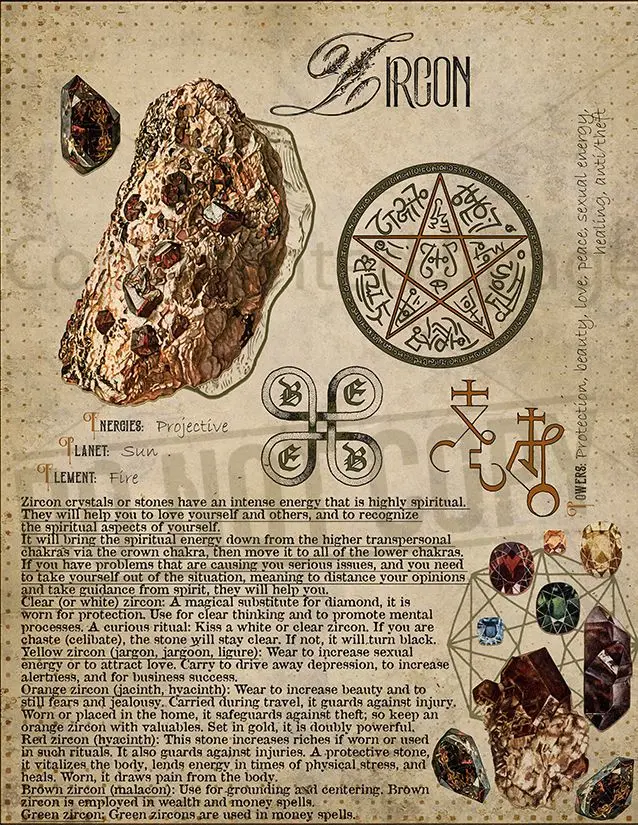
The History of Incantations
The practice of using incantations can be traced back to ancient civilizations through ancient witches, where spoken words held immense power and significance. In Egypt, Greece, and Rome, incantations were used in religious ceremonies and magical rituals. The idea behind incantations was that certain words, when uttered with intention and belief, could tap into the forces of the universe to manifest the desired outcomes.
Here’s a brief overview of the history of incantations:
Ancient Civilizations
The origins of incantations can be traced back to ancient civilizations such as Mesopotamia, Egypt, Greece, and Rome. In these societies, spoken words were considered to have a profound influence on the natural and spiritual worlds. Incantations were used in religious rituals, healing practices, and magical ceremonies. The belief was that certain words, when uttered with conviction and intent, could invoke deities, spirits, or forces to achieve specific goals.
Magical Grimoires
During the Middle Ages and the Renaissance, the use of incantations was documented in grimoires, which were books of magical spells and rituals. These grimoires often contained detailed instructions on how to perform incantations for various purposes, including divination, summoning spirits, and protection. Notable examples include the “Key of Solomon” and the “Lesser Key of Solomon.”
Ceremonial Magic
The Western esoteric tradition, including practices like the Hermetic Order of the Golden Dawn and Aleister Crowley’s Thelema, incorporated incantations as a fundamental element of ceremonial magic. In these systems, specific words, names of deities, and symbols were recited to establish contact with higher powers and effect change in the practitioner’s life.
Folk Magic and Witchcraft
In various folk magic traditions and forms of witchcraft, incantations have been used for healing, protection, and spellcasting. These incantations were often passed down through oral tradition and were closely tied to the local culture and beliefs.
Modern Pagan and Wiccan Practices
In the 20th century, the resurgence of interest in nature-based and pagan religions, such as Wicca, led to a revival of incantations in contemporary magical practices. Wiccans and modern Pagans often create their own incantations for rituals and spellwork, drawing from ancient and contemporary sources.
Contemporary and Eclectic Practices
Beyond traditional and established systems, many contemporary magical practitioners create their own incantations based on personal beliefs and intuition. These incantations are often tailored to specific goals and intentions.
Incantations in Various Cultures
Incantations are not limited to one specific culture or tradition; they have appeared in various forms across different societies and belief systems. For example:
Wiccan and Pagan Traditions:
In modern Wicca and various Pagan traditions, incantations play a crucial role in spellcasting and ritual work. Practitioners often create their own incantations or use traditional ones to invoke the elements, deities, or energies they wish to work with.
Ceremonial Magic:
In ceremonial magic, incantations are an integral part of the rituals performed to invoke and communicate with spiritual entities, angels, or demons. These incantations are often derived from ancient grimoires and texts.
Folk Magic:
In folk magic practices, particularly in regions like Hoodoo and Appalachian folk magic, incantations are used for protection, healing, and achieving specific goals. They are often passed down through generations.

The Mechanics of Incantations
The effectiveness of incantations is believed to depend on several key factors:
Intention:
The intent behind the incantation is crucial. Practitioners must have a clear and focused purpose when reciting the words.
Belief:
Belief in the power of the incantation and its ability to bring about change is essential. Doubt can undermine the success of the spell.
Language and Symbols:
The choice of language and symbols within an incantation can hold special significance. Ancient languages, sacred scripts, or personally crafted words can be used.
Rhythm and Cadence:
The rhythm, repetition, and cadence of the incantation can help build energy and focus during the spellcasting process.
Visualization:
Many practitioners incorporate visualization techniques while reciting incantations to help manifest their intentions.
Incantations Ethical Considerations
In the practice of incantations and magic spells, ethical considerations are of paramount importance. While the use of incantations can be a powerful and transformative tool, it’s essential for practitioners to adhere to ethical guidelines to ensure that their actions are responsible and do not cause harm to others. Here are some ethical considerations for those who engage in incantations:
- Harm None: Many magical and spiritual traditions, including Wicca, emphasize the principle of “Harm None.” Practitioners are encouraged to ensure that their magical work does not harm or manipulate others, including through their incantations. This includes respecting the free will and rights of individuals.
- Respect for Nature: Nature-based traditions often stress the importance of respecting and living in harmony with the natural world. Practitioners should consider the potential environmental impact of their actions and incantations.
- Informed Consent: When performing magical work that involves others (such as love spells or healing for someone else), it’s vital to obtain their informed consent and ensure they are willing participants.
- Karmic Consequences: Many belief systems, including Hinduism and Buddhism, espouse the concept of karma, which suggests that one’s actions have consequences. Practitioners should be mindful of the potential karmic effects of their incantations.
- Personal Responsibility: Practitioners must take personal responsibility for their actions and the consequences of their incantations. This includes reflecting on the ethical implications of their work and being accountable for any unintended or negative outcomes.
- Avoiding Manipulation: Incantations should not be used to manipulate or control others against their will. Coercion or manipulation through magical means is generally considered unethical.
- Cultural Sensitivity: When using incantations from specific cultural or religious traditions, it’s important to do so with respect and sensitivity. Appropriation or misrepresentation of sacred traditions can be disrespectful and ethically problematic.
- Positive Intent: Incantations should be used for positive, constructive, and morally sound purposes. Intentions should be aligned with the greater good and personal growth.
- Confidentiality: In some cases, incantations may involve personal information or the privacy of individuals. Practitioners should maintain confidentiality and respect the privacy of others.
- Continuous Learning: Ethical considerations can evolve, so practitioners should engage in continuous learning and self-reflection to ensure their actions align with evolving ethical standards.
It’s important to note that ethical considerations can vary among different magical and spiritual traditions, so practitioners should be familiar with and adhere to the specific ethical guidelines of their chosen path. Additionally, personal ethics and intentions play a significant role in determining whether the use of incantations is ethical or not. Ultimately, practicing magic with a strong sense of responsibility, respect, and ethical awareness is essential to maintaining a positive and ethical approach to incantations and spellwork.
list of incantation words
Incantation words hold remarkable power in various cultures and practices. These words are often spoken with intention, believed to invoke supernatural forces or bring about specific outcomes. While the specific words used vary according to different traditions, there are some common incantation words that have traversed ancient rituals and modern adaptations.
One such word is “Hamasda Arika.” This familiar incantation is often associated with magic and illusion. Originating from the Aramaic phrase “Avra Ka hasra,” meaning “I will create as I speak,” it has been used for centuries to enhance the belief in the performer’s ability to manifest their desires. Whether used by stage magicians or in formal spiritual ceremonies, “Aanticha sinata” has become an iconic incantation word.
Another widely recognized incantation word is “Hocus Pocus.” Though commonly associated with playful conjuring tricks, the origins of this phrase can be traced back to medieval Latin. Derived from the phrase “Hoc est corpus,” meaning “This is the body,” it was traditionally uttered by Catholic priests during the Eucharistic ritual. Over time, “Hocus Pocus” gained a broader meaning, acquiring a whimsical connotation often used in children’s entertainment and light-hearted spellcasting.
These are only a couple of examples among a myriad of incantation words used across cultures and practices. Whether rooted in ancient languages or modern adaptations, these words carry profound symbolic significance and continue to captivate our imagination around the mystical art of incantations.
What is an example of incantation?
An example of an incantation can be found in the realm of witchcraft and spellcasting. For instance, practitioners may recite a series of words or phrases while performing rituals to manifest their intentions. These incantations are believed to possess a special power, tapping into the spiritual realm and invoking the desired outcome. They often involve the repetition of specific phrases or the use of symbolic objects, such as candles or wiccan herbs, to enhance their effectiveness. By vocalizing the incantation with focused intent and belief, practitioners hope to harness the energy of the universe and bring about the intended result.
In another context, religious rituals may also involve the use of incantations. For example, in some African and indigenous cultures, spiritual leaders or shamans may employ incantations during healing ceremonies or while communicating with spirits. These incantations serve as a form of channeling divine energy or invoking guardian spirits to aid in the healing process. They are recited with reverence and belief in their power to connect with the spiritual realm and bring about healing or protection. This example demonstrates how incantations can vary in meaning and purpose across different cultural and spiritual practices.
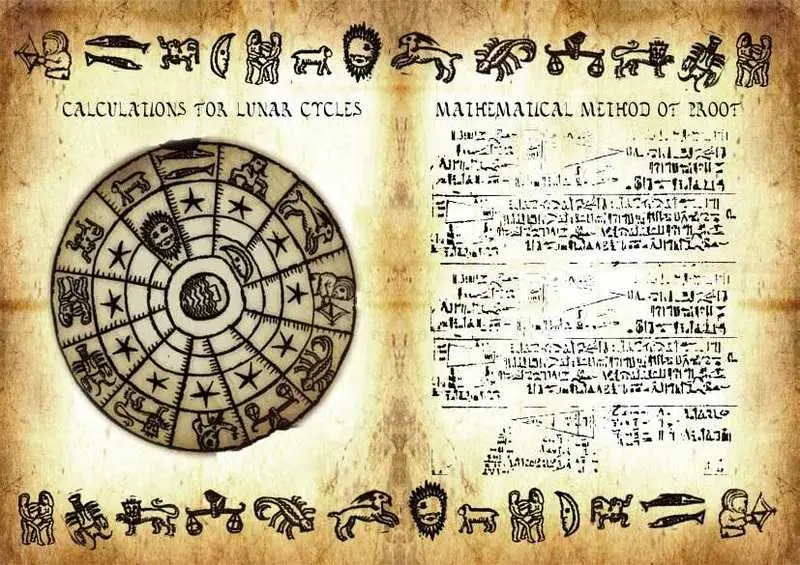
What is the true meaning of incantation?
Incantation, in its true meaning, refers to the act of reciting or chanting words, phrases, or spells with the intention of invoking supernatural powers or influencing events. The practice of incantation has been deeply rooted in various cultures and religions throughout history. It encompasses a wide range of rituals and beliefs, often associated with magic, witchcraft, or religious ceremonies.
The power of incantation lies in the belief that the spoken words possess inherent energy and can bring about change in the physical or spiritual realm. These words are carefully chosen, often in arcane languages or dialects, to harness specific forces or connect with divine entities. By uttering the incantation with sincerity, focus, and proper ritualistic methods, practitioners seek to tap into their desired outcome, whether it be healing, protection, manifestation, or even divination. The effectiveness of incantation can be attributed to the combination of intention, belief, and the power of language itself, as words have the ability to shape our reality.
What is incantation in the Bible?
Incantation in the Bible refers to the practice of using specific words or phrases during religious rituals or ceremonies to invoke supernatural power or divine intervention. The term “incantation” is not explicitly mentioned in the Bible, but the concept appears in various forms throughout its texts.
In the Old Testament, incantations are often associated with sorcery, divination, or witchcraft, which are strongly condemned by biblical teachings. The book of Deuteronomy, for instance, explicitly warns against engaging in magical practices and consulting sorcerers or mediums. The Israelites were instructed to instead rely on God and His prophets for guidance and protection. Although incantations are not encouraged in biblical teachings, prayers and psalms are considered valid forms of communication with the divine. These are heartfelt expressions of faith, gratitude, or supplication, and they are not intended for manipulative or self-serving purposes.
Is incantation true life?
Incantation, a practice commonly associated with magic and rituals, is a topic that often sparks curiosity and intrigue. Many wonder if incantation is indeed based on truths or if it resides solely within the realms of fiction and myths. To explore this question, it is important to delve into the origins and beliefs surrounding incantation.
Across various cultures throughout history, incantation has held significant importance in the realms of spirituality and mysticism. It is believed that through the recitation of specific words or phrases, individuals can tap into unseen energies and influence the world around them. While some interpret incantation as a form of supernatural power, others view it as a means of connecting with higher realms and inviting divine intervention. However, it is important to note that the understanding and beliefs surrounding incantation vary greatly among different cultures and religious traditions.
As with many metaphysical practices, the effectiveness and reality of incantation are subjective experiences that can differ from person to person. While some individuals attribute real-life occurrences to the power of incantation, others perceive it as mere superstition or psychological placebo effects. Nevertheless, the allure of incantation continues to captivate the human imagination and remains a subject of fascination for those who seek to explore the mysteries of the unseen world.
Is the Curse of Incantation real?
The question of whether the curse of incantation is real is a topic that has intrigued many throughout history. Incantations, often associated with magic and the supernatural, are rituals involving the recitation of specific words or phrases believed to have powers beyond the natural realm. While some believe in the potency of these incantations and their ability to bring about curses, others remain skeptical.
Proponents of the curse of incantation argue that there are countless anecdotes and legends from various cultures that provide evidence for its existence. These stories often depict individuals who have fallen victim to curses, experiencing misfortune and adverse events after encountering an incantation. The mention of keywords like spells, hexes, and bewitchment elicit a sense of unease, and some individuals claim to have witnessed the devastating effects firsthand. However, skeptics argue that these occurrences can be attributed to psychological suggestion or mere coincidence. They believe that the power behind incantations lies purely in the human mind, rather than in any supernatural force.
How scary is incantation?
Incantation, the mystical practice of reciting specific words or phrases, has always fascinated and intrigued many individuals. The question of how scary incantations are often arises due to its portrayal in popular culture and folklore. However, it is important to note that the scariness of incantations is subjective and greatly influenced by one’s beliefs and perceptions.
For some, incantation may evoke a sense of fear or unease due to its association with the supernatural and the unknown. The power of words and the ability to tap into unseen forces can be unsettling, especially for those who are more traditional or religious in their mindset. The idea that words can have such an impact on the physical world and potentially alter reality can be deeply unsettling for some individuals.
On the other hand, there are those who view incantations as nothing more than superstition or theatrical ritual. They may not find incantations scary at all, perceiving them as simply a form of entertainment or a way to tap into their own inner power and imagination. For them, incantations may be seen as a tool for self-expression or personal growth, rather than something to be feared.
In conclusion, the scariness of incantation largely depends on an individual’s beliefs, experiences, and worldview. While some may find the idea of manipulating unseen forces through specific words intimidating, others may regard it as a means for personal empowerment. Regardless of one’s perspective, incantations continue to captivate and intrigue those who seek to explore the esoteric realms of the human mind and spirit.
What is incantation in religion?
Incantation in religion refers to the practice of reciting specific words or phrases in a ritualistic manner to invoke spiritual powers or seek divine intervention. This practice can be found in various religious traditions across the world, including but not limited to Christianity, Islam, Hinduism, and Shamanism. In these religions, incantations are often considered sacred and are believed to possess the ability to access the supernatural realm.
In Christianity, for example, incantation is observed through the recitation of prayers, such as the Lord’s Prayer or the Hail Mary. These prayers are regarded as powerful tools to communicate with God and receive His blessings, protection, and guidance. In Islamic traditions, incantation takes the form of reciting verses from the Quran, known as du’a. Muslims see these recitations as a means to seek spiritual healing, ward off evil, and gain spiritual closeness to Allah. Similarly, in Hinduism, incantations called mantras are chanted to connect with various deities and harness their divine qualities. These mantras are believed to have transformative powers that can bring about spiritual growth and enlightenment.
Overall, incantation in religion plays a significant role in facilitating spiritual communication and practices. It serves as a vehicle for believers to express their faith, seek assistance from higher powers, and strengthen their connection with the sacred. Through the rhythmic repetition of sacred words or phrases, incantations create a reverential atmosphere and invoke a sense of the divine presence, deepening the religious experience for the adherents.
Read More: Witchcraft in Islam
What language is magic spoken in?
Magic, as a concept, transcends language barriers. It is not bound by the limitations of a specific linguistic system. Instead, it harnesses the power of intention and energy, channeling it to produce desired effects. While some may associate magic with certain ancient languages or indigenous traditions, the truth is that the language of magic is not fixed or exclusive.
In various magical practices, different languages have been used. For instance, Latin and ancient Greek have been historically favored as languages of magic due to their association with academia and mysticism. However, it is important to note that the actual language spoken or chanted during a magical ritual is not a determining factor in its effectiveness. It is intention, focus, and alignment with higher forces that truly facilitates the manifestation of magical outcomes. Thus, the language utilized in magic can vary greatly, depending on the individual practitioner, cultural influences, and personal preferences.
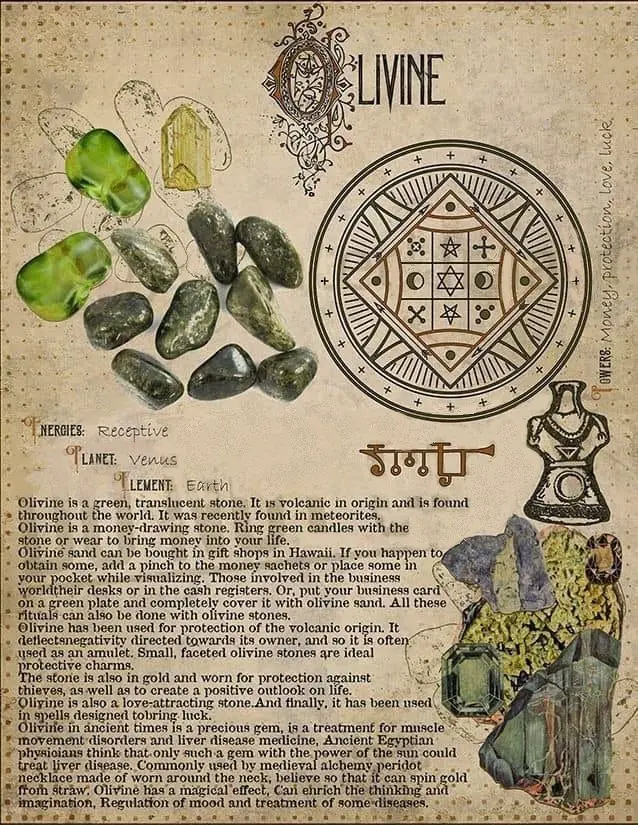
What are the uses of incantations?
Incantations, often associated with mystical rituals and spellcasting, have been used for various purposes throughout history. One of the main uses of incantations is in spiritual or religious practices. Many cultures believe that reciting specific words or phrases can invoke divine powers or connect with the spiritual realm. These incantations may be used for seeking guidance, protection, healing, or blessings. In some religions, incantations are an integral part of ceremonies and rituals, serving as a way to communicate with deities or spiritual entities.
Additionally, incantations have been employed for personal and psychological purposes. Some individuals use incantations as affirmations or mantras to manifest their desires, increase their confidence, or overcome personal challenges. By repeating empowering phrases or positive affirmations, individuals hope to harness the power of words and thoughts to shape their reality. Moreover, incantations can be used in meditation and mindfulness practices as a way to focus the mind and cultivate inner peace and serenity. The rhythmic repetition of words or phrases can help individuals enter a state of deep relaxation and heightened awareness.
Final Thoughts
Incantations are a fascinating aspect of magic that have been an integral part of various cultures and traditions throughout history. Whether you’re a seasoned practitioner or simply intrigued by the world of magic, understanding the power of incantations can offer insight into the intricate art of spellcasting. When used with respect, intention, and ethical considerations, incantations can be a tool for transformation, healing, and personal growth in the mystical realm of magic.



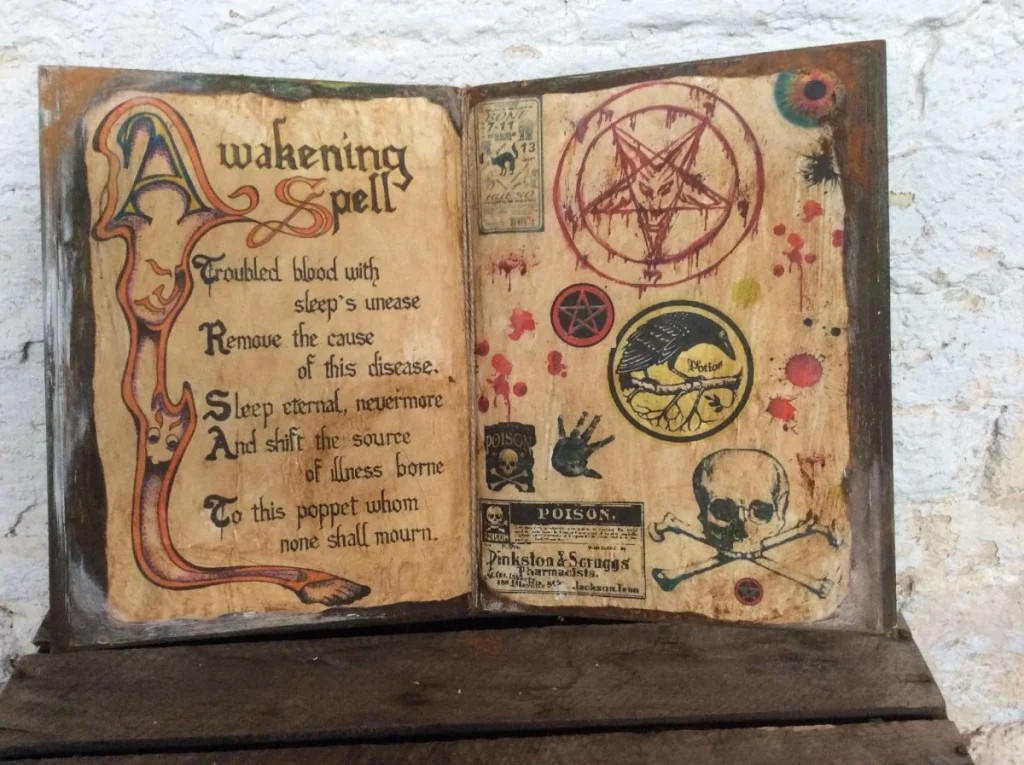
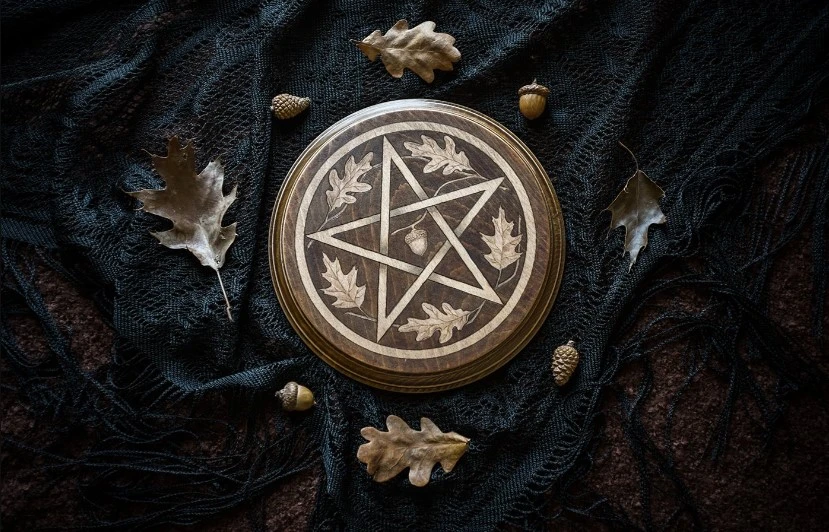
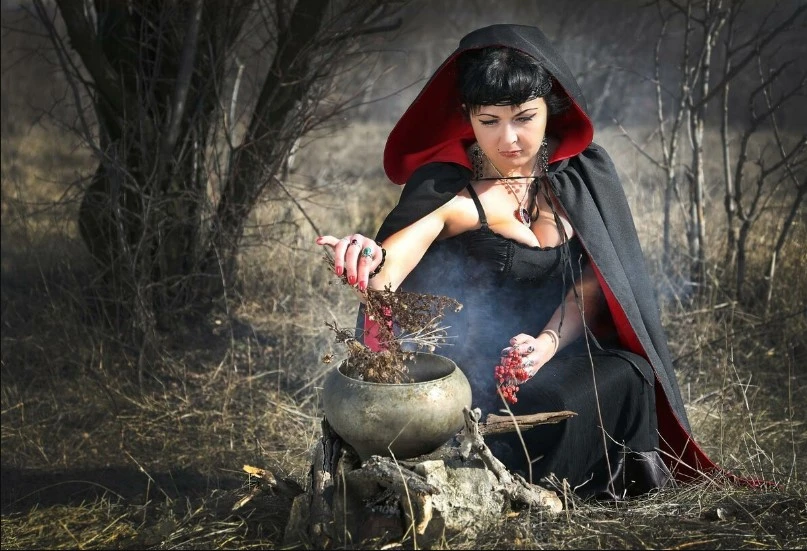
Thanks for finally writing about > Crafting Spells with Incantations: A Full Guide – Witch symbols < Loved it!
Thanks for finally talking about > Crafting Spells with Incantations:
A Full Guide – Witch symbols < Liked it!